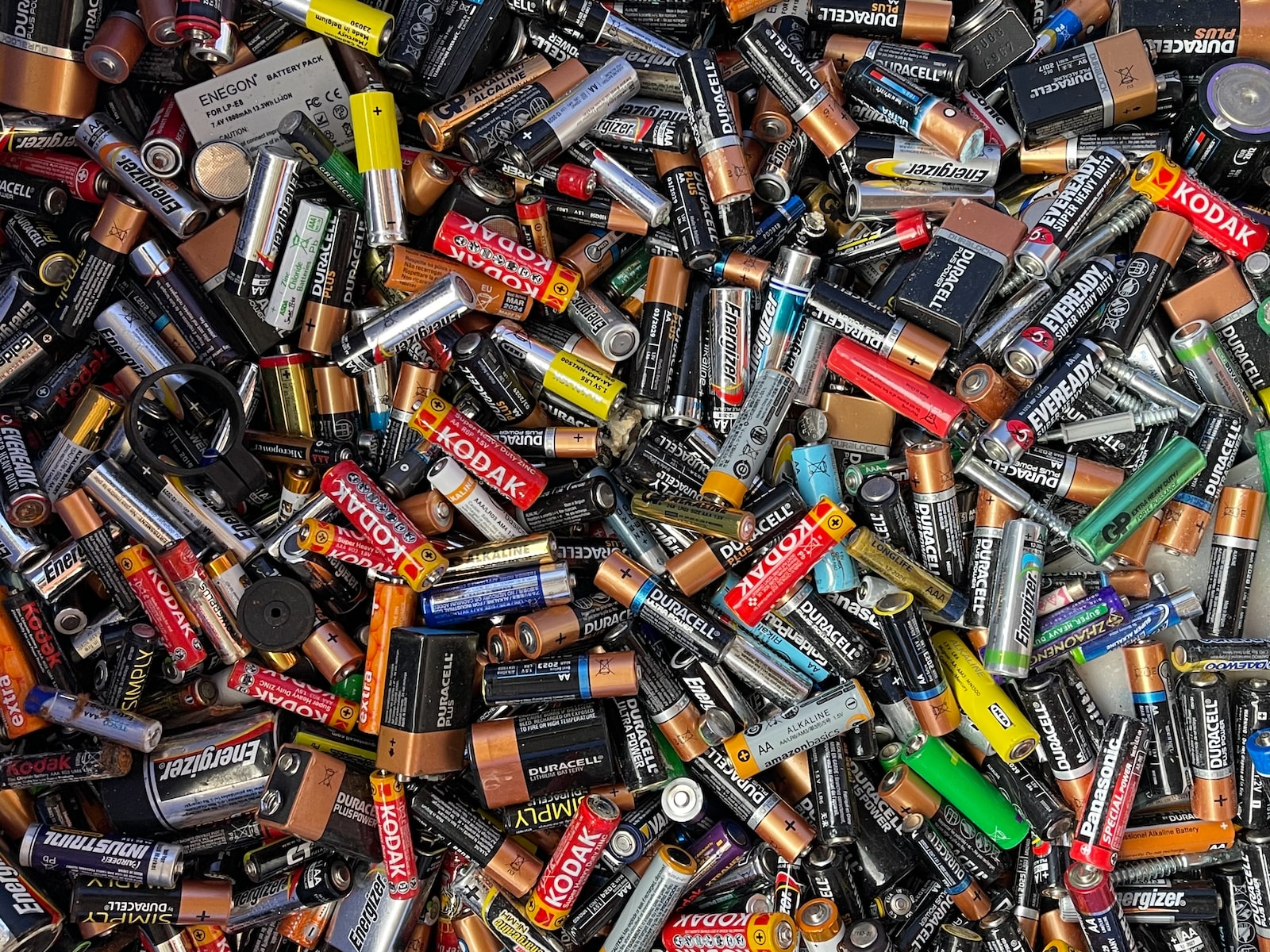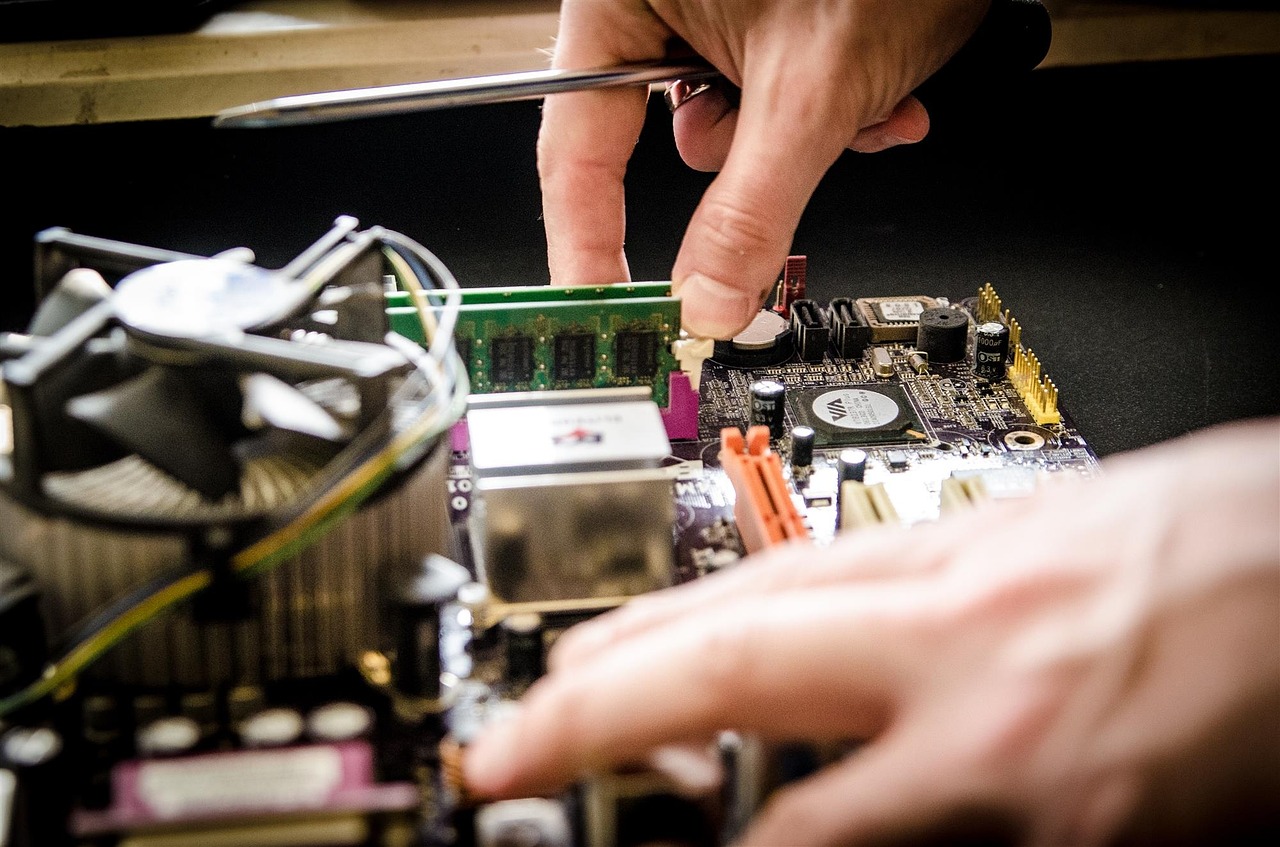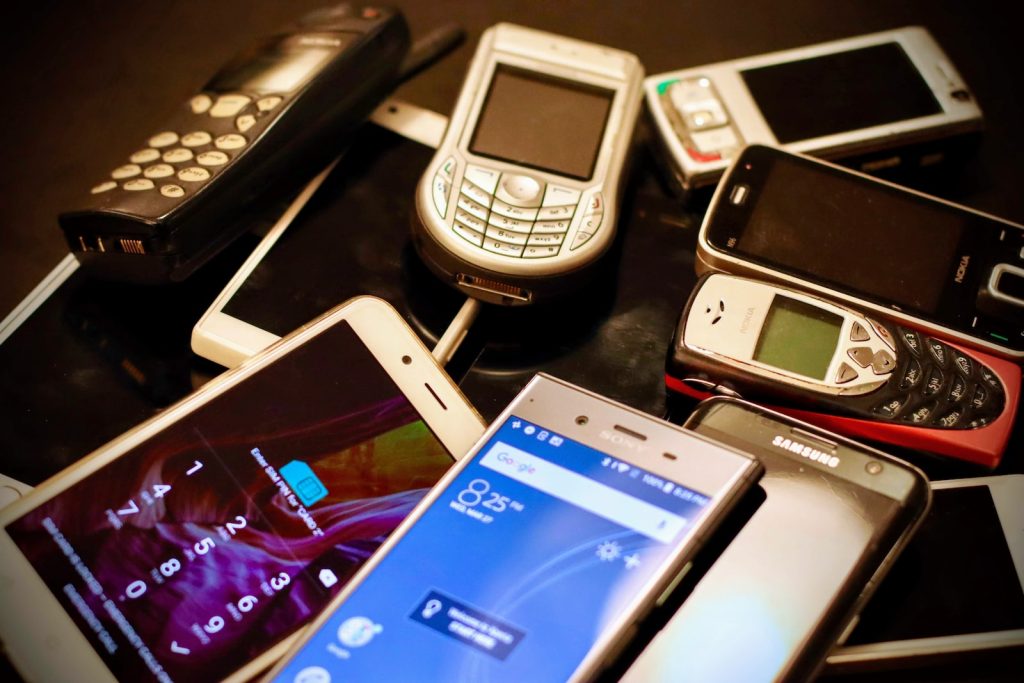The demand for electronic devices has been growing exponentially in recent years. Constantly replacing old electronics with the latest technologies is creating a new problem and that problem is an increase in e-waste. E-waste is a global challenge and it requires a multitude of creative solutions. We must try to find how to recycle old electronics responsibly. This means proper disposal and diverting e-waste from landfills. This article will answer the following question: “what should you do with your old electronics?”

What is E-Waste?
According to the 2020 UN Global E-waste Monitor, e-waste is the world’s largest waste stream globally. E-waste often contains materials that are toxic to human health and the environment, and very little is recycled. E-waste contains valuable materials, such as cobalt, lithium, palladium, copper, and gold. However, the value of these materials is lost when it is not recovered through proper recycling channels.
Why Should We Recycle Our Old Electronics?
Recycling is important to avoid raw materials and use existing resources. As the amount of waste produced worldwide continues to grow, recycling is becoming an important way to reduce the strain on the environment. Despite this, electronic recycling is still not practiced enough. It’s important to recycle old electronics for many reasons, including:
- Source of raw materials: Electronics contain precious metals. Unfortunately, only about 15% of these precious metals, like gold, are recovered from e-waste. Recycling can allow for more of these resources to be recovered and reduce dependence on mining.
- Solid waste management: The short life cycle of electronics results in a big landfill problem. Through recycling, solid waste can be managed better by ensuring all recyclable parts are indeed recycled.
- Proper processing of toxic materials: Electronics contain hazardous materials like mercury, chromium, and cadmium. While most of these cannot be recycled, they can be better disposed of to prevent their release into the environment.

What are the Solutions for E-Waste?
Donate to a non-profit, library, or school:
It’s the easiest and perhaps most effective way of recycling electronics. By donating, you give the device another chance for further use. This option makes the most sense if the equipment is still functional and in good condition. Non-profit organizations, especially those that cater to youth or low-income groups, are places to consider donating to.
Search for a recycling center near you:
If your electronic devices are no longer functional and you cannot donate them, the next option is to take them to a recycling center. These are drop-off points where you can take the equipment and they will be disposed of correctly. Recyclable materials will be extracted from the electronics and what cannot be used will be discarded the right way.
Join electronic recycling events:
Some recycling companies hold public sales to increase awareness and improve the amount of electronic recycling in different areas. Through a simple search to find one near you, drop off your old electronic equipment and they will take care of the rest.
Find corporate take-back programs:
Some companies help save the environment by providing their users with a platform where they can unload their used electronics. These companies can then refurbish the equipment and donate or they can recycle them.
So instead of throwing your old electronics away, recycle or resell them to make some money. For damaged equipment, you can go through the different recycling options listed above and choose the one that works best for you.
Here is a list of tech devices you can reuse, repurpose, or recycle:
- Laptops & Tablets
- Cables & Chargers
- Cell Phones
- Televisions
- DVD or Blu-ray Players
- Speakers
- Game Consoles
- Headphones & Earbuds
- Wearable Gadgets
- Cameras & Camcorders
- Office Equipment
Important Note About Deleting Personal Information
Keep in mind that before donating, passing on, or recycling a smartphone, tablet, laptop, or any other electrical device, make sure your personal information is removed. Deleting files, reformatting, or restoring the operating system to factory settings is not sufficient for PCs and Macs so make sure to use a disk-wiping program.
We hope this article helps you understand what you should do with your old electronics and step by step, we could reduce the amount of e-waste all over our lovely planet Earth.











